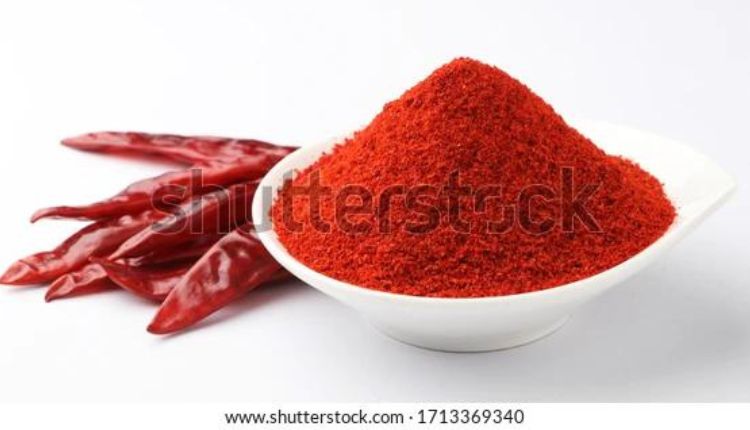Introduction:
Red chilli, also known as red pepper or cayenne pepper, is a spice that adds heat and flavor to various cuisines worldwide. It is a powerhouse of nutrients and bioactive compounds that not only enhance the taste of dishes but also offer numerous health benefits. In this article, we will explore the various uses, benefits, and potential side effects of red chilli, shedding light on its remarkable properties.
- The Versatile Uses of Red Chilli: Red chilli has been an integral part of culinary traditions for centuries. Its versatile uses extend beyond adding spice to meals, as it finds its place in medicinal remedies, food preservation, and even in cosmetic products. Let’s delve into some common uses of red chilli:
Culinary Applications:
- Flavor Enhancer: Red chilli is renowned for its ability to add a fiery kick to dishes, elevating their taste profiles.
- Spice Blends: It is a key ingredient in various spice blends, such as curry powders, chili powders, and hot sauces.
- Food Preservation: Due to its antimicrobial properties, red chilli is often used in pickling and preserving food.
- Medicinal Uses:
- Pain Relief: The compound capsaicin found in red chilli acts as a natural pain reliever and is used in topical creams and patches for joint and muscle pain.
- Digestive Aid: Red chilli stimulates the production of gastric juices, aiding digestion and relieving gastrointestinal issues.
- Nasal Congestion Relief: The consumption of red chilli can provide temporary relief from nasal congestion by clearing the sinuses.
- Non-Culinary Applications:
- Pest Deterrent: Red chilli powder or pepper sprays are used to repel insects and pests from gardens and crops.
- Cosmetics: Capsaicin is employed in some cosmetic products for its potential benefits, including promoting hair growth and improving skin texture.
II. Health Benefits of Red Chilli:
Red chilli is not only known for its fiery taste but also for its potential health-promoting properties. Here are some notable benefits associated with the consumption of red chilli:
Weight Management:
- Increased Metabolism: The compound capsaicin in red chilli can temporarily boost metabolism, potentially aiding weight loss efforts.
- Appetite Suppression: Red chilli may help reduce appetite and curb cravings, leading to a reduced calorie intake.
Cardiovascular Health:
- Improved Blood Circulation: Capsaicin in red chilli helps promote healthy blood flow, which can contribute to heart health.
- Blood Pressure Regulation: Some studies suggest that regular consumption of red chilli may help lower blood pressure levels.
Pain Relief and Anti-Inflammatory Effects:
- Arthritis Relief: Topical application of capsaicin creams can provide temporary relief from joint pain associated with arthritis.
- Anti-Inflammatory Properties: Certain compounds in red chilli exhibit anti-inflammatory effects, potentially benefiting conditions like rheumatoid arthritis.
Digestive Health:
- Enhanced Digestion: Red chilli stimulates the digestive system, improving digestion and relieving symptoms of indigestion.
- Potential Anti-Ulcer Activity: Studies indicate that red chilli may possess protective effects against ulcers caused by Helicobacter pylori infection.
III. Potential Side Effects of Red Chilli:
While red chilli offers numerous benefits, it is important to be aware of potential side effects and exercise moderation in consumption:
Digestive Discomfort: Excessive intake of red chilli can cause stomach irritation, heartburn, and diarrhea in some individuals, especially those with sensitive stomachs.

